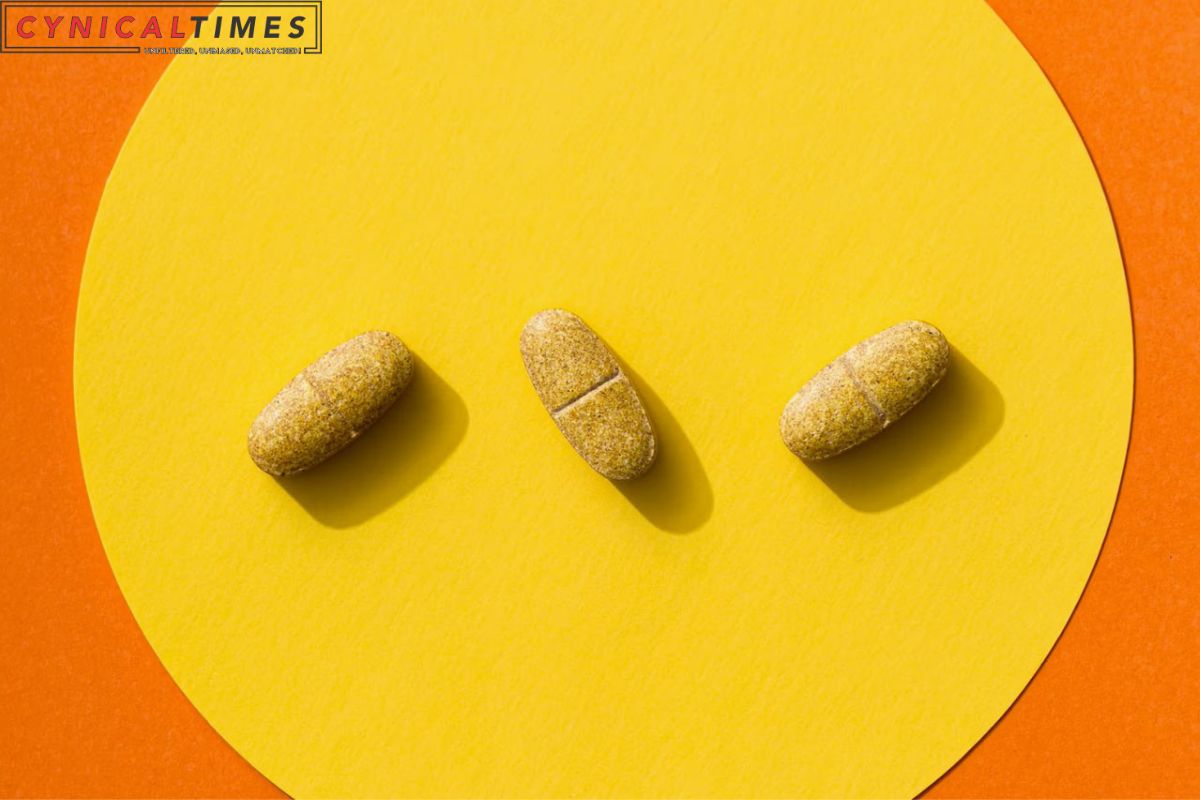Phytosterol Supplements : Researchers in Argentina found a possible link between aging, hearing loss, and lower cholesterol in the inner ear. This study by Mara Eugenia Gomez-Casati and colleagues suggests that phytosterol supplements could prevent this type of hearing loss. The results were published in PLOS Biology.OHCs in the inner ear amplify sound waves. Over time, cells lose this ability. This causes age-related hearing loss.
Researchers believed there could be a connection between hearing loss and lower cholesterol in OHCs due to the significance of cholesterol in cell response to stretching and the observed decline in brain cholesterol levels with age.In older mice, scientists found increased levels of the cholesterol-breaking enzyme CYP46A1 in their inner ears. Cholesterol in mice decreased. This finding strengthened their theory.
Tests showed that activating CYP46A1 caused hearing loss in young mice. Adding phytosterols to the food improved OHC’s performance.Phytosterols in accessible products may treat age-related hearing loss. Still, validating these findings with further research on older mice and humans is crucial.
The study focused on the inner ear’s outer hair cells (OHCs), which change length to enhance sound. As people age, cells lose their stretchability, making hearing more difficult. Cholesterol is important for cell response to stretching. A recent study suggests it decreases in the aging brain. Researchers hypothesized that cholesterol loss in OHCs may lead to hearing loss.
Also Read : Sleep Treatment Transforms Lives of Sleep Apnea Patients: A Case Study
To test their theory, they checked if the sensory cells had CYP46A1, an important cholesterol synthesis enzyme. As expected, older mice had higher levels of this enzyme in their inner ears, leading to decreased cholesterol levels.
To understand this better, the team administered a drug to young mice to activate CYP46A1. This caused their inner ear cells to function differently, resulting in hearing loss. This experiment shows a link between cholesterol absorption and hearing.
Using phytosterols derived from plants and resembling cholesterol was crucial in the study. Cholesterol can’t enter the brain, but phytosterols can. Young mice on CYP46A1-activating drug showed improved OHC function with phytosterols in their food. This may prevent hearing loss from overactive enzymes.
Phytosterols in OTC products may help prevent age-related hearing loss. The authors were optimistic about phytosterols’ potential to prevent or treat hearing loss. They emphasized that this study is the first to demonstrate the benefits of phytosterol supplements in this scenario.
Before drawing conclusions or recommending phytosterol supplements widely, it’s crucial to test their effects on older mice and humans fully. This ensures consistent results across ages and animal types.
In conclusion, this study offers hope for treating age-related hearing loss. The study highlights the significance of cholesterol for hearing and suggests phytosterols as a potential treatment. Further research is needed to understand the implications and applications of this finding.
Our Reader’s Queries
Do phytosterol supplements work?
Consuming a minimum of 2 grams of phytosterols per day may lead to a reduction in LDL (bad) cholesterol levels by approximately 8-10%, as per a review. It is important to note that the study utilized high-dose supplements rather than natural food sources.
What is a natural source of phytosterol?
Phytosterols are present in all plant-based foods, but their highest concentrations are found in unrefined plant oils such as vegetable, nut, and olive oils (3).
What are the side effects of phytosterols?
Possible output:
Possible side effects of taking phytosterol supplements are usually mild and temporary. These may include constipation, nausea, upset stomach, heartburn, flatulence, and changes in stool color. Most of these symptoms will likely go away on their own as your body gets used to the supplement. However, taking higher doses of phytosterols may raise the likelihood of experiencing side effects.
Which two foods are highest in phytosterols?
If you’re looking to boost your phytosterol intake, consider adding these grains to your diet. Flaxseed packs a punch with 210 mg of phytosterols per 100 g serving, while wheat germ offers 197 mg per one-half cup. Even rye bread can contribute with 33 mg per two slices. Incorporating these grains into your meals can help support heart health and lower cholesterol levels.


